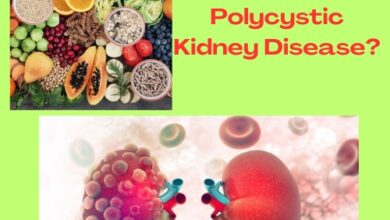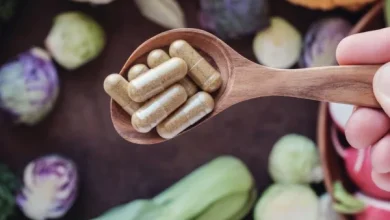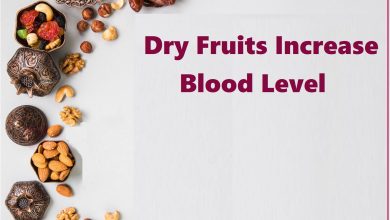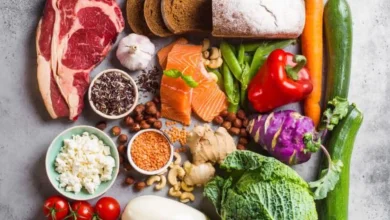Acne Diet to Clear Acne Skin
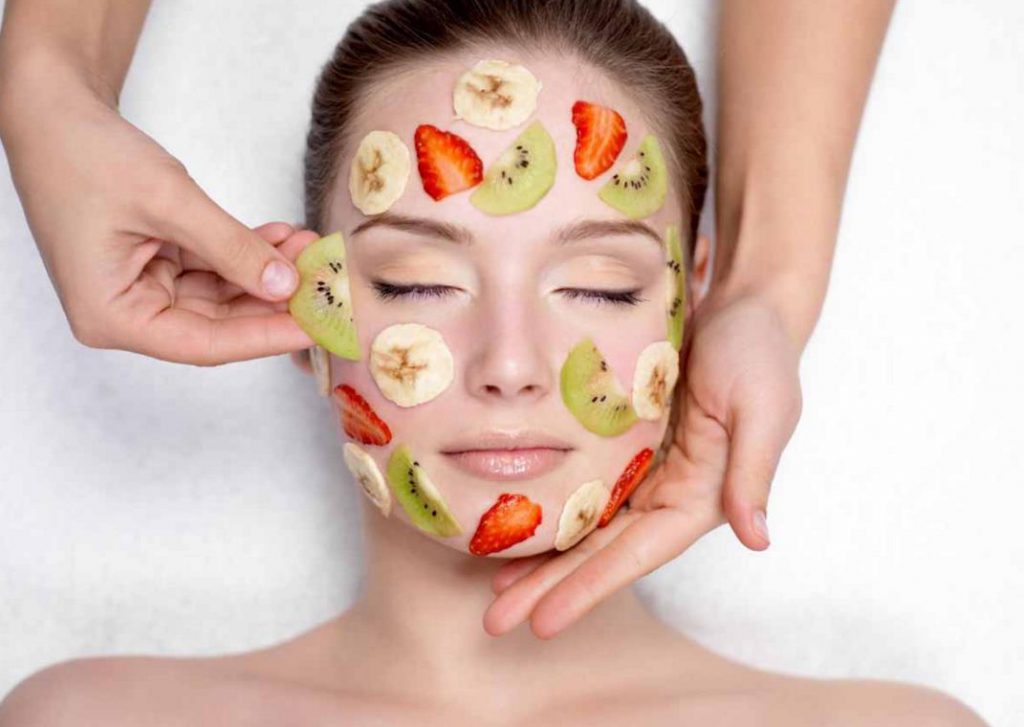
Definition
The acne diet or more perfectly, the acne-free diet is simply a way of intake claims to improves or eliminates acne. There is some debate in the health community about the impact of Diet on acne; but, there is a body of verification to support the idea that what is eaten may affect the skin.
Origins
As long as individual have had pimples, there have been attempts to clear them up fast or stop them all together. Most cultures have folk remedies to help clear the skin. It was not until the last 50 years that serious scientific research has been conducted to confirm or disprove these folk tales and myths. One of the latest studies about food and acne focused on chocolate. This study found that chocolate didn’t increase acne. Other studies since have confirmed this finding.
For the most part, acne treatment has been the emphasis of research; however, there have been isolated studies that explored the effect of specific vitamin and mineral supplements on acne. Further studies have examined ethnic groups and communities from the Pacific Islands to Africa where there is little or no incidence of acne, even during puberty. When the diets of these individual are compared to the typical Western diet, there’re nutritionally significant differences.
Description
Integrating the results of several studies, dermatologists and nutritionists have developed a list of foods to stay away from and valuable vitamins and minerals to use. The following acne diet plan has been proposed to help prevent acne breakouts:
Avoid Peanut Products
- Peanut products were found to cause acne flare ups in a study of 500 adolescents.
Eat 20 To 30 Grams of Fiber Every Day
- Fiber helps keep the colon clean and may take away toxins from the body before they reach the skin.
Eat a Low Fat Diet
- The culture whose natural diet was low in fat, had less acne, and high fat use may elevate hormone levels in the body that cause blemishes on the skin.
Avoid Fried Foods
- Fried foods were found to cause break outs.
Limit Salt Intake
- Lots of people with acne have high levels of iodine, found in table salt, in their blood flow during acne blaze ups.
Avoid Highly Salty Snacks
- Avoid highly salty snacks such as lunch meats, chips, canned foods and salted popcorn these foods are high in salt and, in several cases, fat.
Avoid Dairy Products
- Avoid dairy products like milk, cheese and ice cream
Avoid highly processed carbohydrates for example candy, sodas, and baked goods high carbohydrate foods raise the level of insulin in the blood and high insulevel may raise the levels of acne causing hormones in the body.
As well to following the acne Diet Plans suggestion, taking the following supplements are proposed to also help prevent acne:
- Zinc
- Vitamin A
- Vitamin B6
- Vitamin E
- Selenium
- Chromium
- Omega-3 Fatty Acid
Key Terms
Carbohydrate
- An organic compound that supplies energy to the body.
Acne Vulgaris
- An inflammatory disease of the skin characterized by pimples and cysts that may cause scarring in severe cases.
Dermatologist
- A medical doctor who specializes in the treatment of the skin.
Glycemic index
- A scale for rating how speedily foods are converted to sugar by the body. It describes the impact on insulin levels of foods as they’re digested.
Hormone
- Substances in the body that control a process such as metabolism or growth.
Insulin
- A hormone that regulates the conversion of food into sugar so it can be used by the body for energy.
Metabolism
- The process by which food is converted into energy.
Nutritionist
- An expert in the field of diet and nutrition.
PreMenstrual
- The days prior to menstruation in a female.
Sebaceous glands
- Small glands in the skin, generally part of hair follicles, that create a fatty substance called sebum.
Sebum
- The fatty substance secreted by sebaceous cysts. It helps moisturize and protect skin and hair.
Benefits
Even if several dermatologists don’t believe dietary changes will get better acne, they see little harm in adopting a diet that encourages eating fruits and vegetables and limits processed and high sugar foods.
Eating foods low on the glycemic guide may help prevent other conditions such as diabetes, heart disease, and obesity.
Precautions
Limiting the amount of dairy products in the diet may limit the amount of calcium consumed, for that reason; a calcium supplement may be required to insure daily dietary calcium requirements are met. Poor intakes of calcium can be very harmful to one’s health.
Zinc supplements can cause abdomen upset. Authors of acne diet plans suggest no more than 30mg of zinc per day to stay away from this.
Vitamin A is a fat soluble vitamin. That means that surplus vitamin A is stored in your body rather than reduce in your urine. Too much vitamin A can be harmful. Consult a medical doctor before taking vitamin A supplements.
Pregnant women or those who may become pregnant should not take vitamin A supplements. Too much quantity of vitamin A may cause birth defects in the unborn children of women who use too much vitamin A.
General Acceptance
While most dermatologists will not verify that changing diet may prevent acne, it is standard practice for various doctors to advice patients to avoid foods that seem to cause more acne breakouts.
It is extensively accepted that supplements such as zinc and vitamin A help diminish the number and severity of acne breakouts. In fact, Acutane and Retin A, popular recommendation medications used to treat acne are both made from forms of vitamin A.
By : Natural Health News

